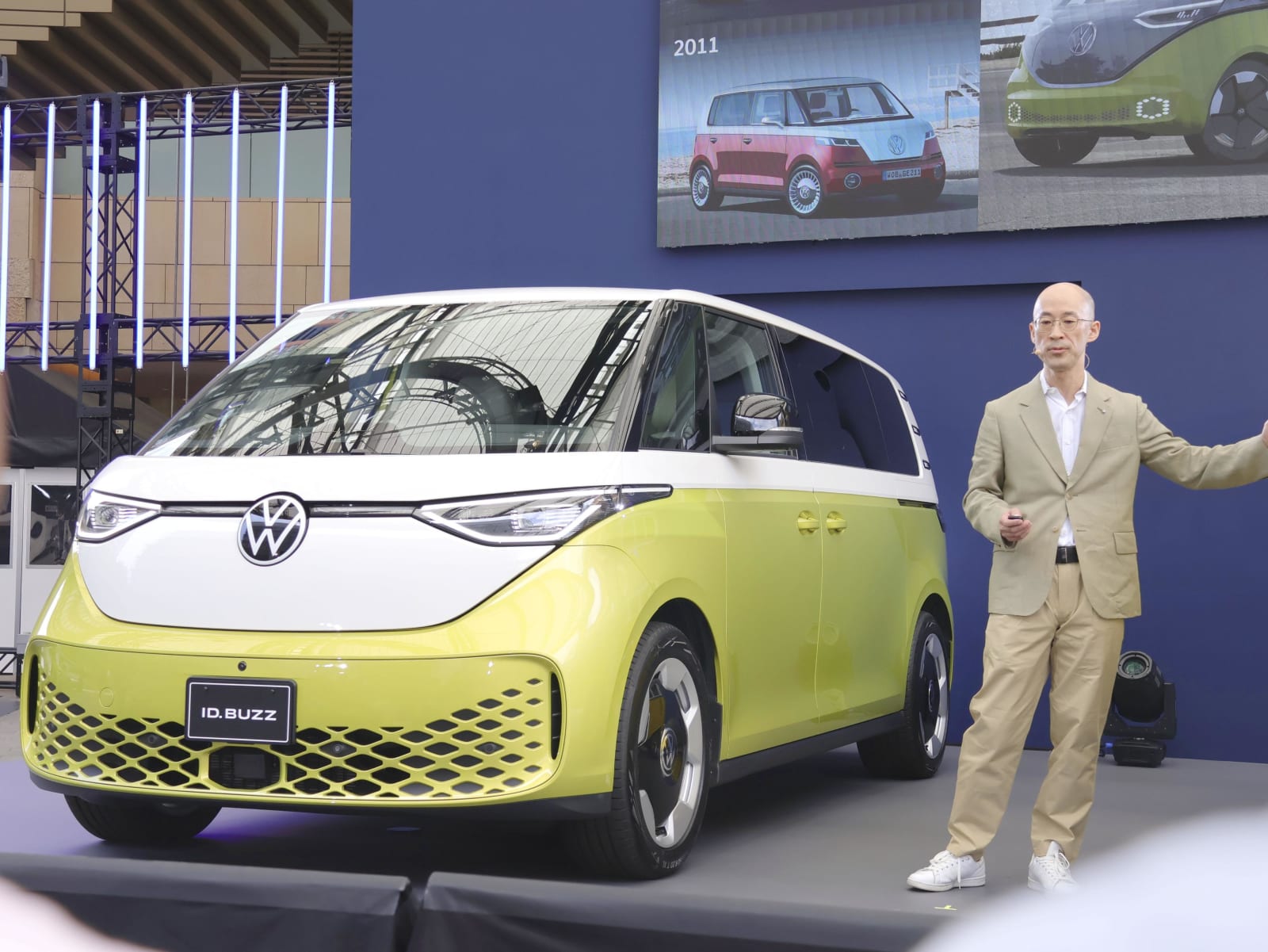Just 7.8 percent of imported cars sold in Japan from January to June were from U.S.-branded automakers, industry data showed Friday, demonstrating the weak domestic demand for American-designed vehicles.
Only 9,517 U.S.-branded vehicles were sold in Japan in the period, undercutting U.S. President Donald Trump’s claim that more Japanese should be buying American imports to address his nation’s trade deficit.
Of the 121,243 units sold in the six-month period, Jeep — owned by Netherlands-based multinational Stellantis NV — was the best-selling U.S.-brand at 4,333 units, followed by General Motors Co.’s Chevrolet and Cadillac at 283 and 185, respectively, the Japan Automobile Importers Association said.
In contrast, German brand Mercedes-Benz alone sold 25,015 vehicles in the period, with 90.4 percent of the cars imported to Japan coming from European manufacturers.
Tesla Inc. of the United States does not disclose sales by country, but takes up almost all of the “others” category at 4,589 units, an association official said. The EV maker’s imports were included in the U.S. figure.
Despite their dire position, demand for American brands is growing, rising 17.2 percent from a year earlier, reflecting the popularity of new Cadillac and Jeep EVs, the association official said.
Japan’s imports of U.S. cars have been a focus in the ongoing negotiations over Trump’s tariffs, with the president expressing dissatisfaction that so few U.S. cars are seen on Japanese roads. He has blamed Japanese nontariff barriers, such as differences in safety tests, for the situation.
Japan, which does not impose tariffs on imported cars, says its rules and standards are in line with United Nations regulations, and that it does not implement particularly strict rules on such vehicles.
Auto analysts say Japanese buyers are not attracted to the types of vehicle typically offered by American automakers, such as large pick-up trucks, with domestic consumers preferring smaller vehicles due to Japan’s narrow roads.
Prime Minister Shigeru Ishiba also said in parliament earlier this year that foreign automakers need to be mindful of Japanese consumers’ preference for right-hand drive, fuel-efficient vehicles.
“Foreign automakers have to produce cars that suit Japanese consumers and that is up to American companies,” Ishiba said, adding that limited dealer networks are also a crucial factor contributing to aversion to U.S. brands.
Foreign carmaker officials in Japan agree with Ishiba’s assessment, with some stressing the key to expansion is to study and respond to domestic preferences and also to engage continuously with buyers through dealerships.
“Our strength is accessibility with a network of 200 stores nationwide, allowing people in Japan to casually visit and experience (our cars) hands-on,” said Takeshi Sawamura, senior manager at Volkswagen Group Japan K.K.
“Japan’s regulations are sometimes noted as nontariff barriers but the rules are moving toward” the global standard, Sawamura said. “What matters is whether we can produce cars that suit the Japanese market.”
Jin Narita, head of Stellantis Japan Ltd. — which owns Italian, French and U.S. brands including Jeep, Alfa Romeo, Peugeot and Citroen — said the company prioritizes having a wide range of products that are attractive to many Japanese drivers.
“Stellantis cars are positioned between domestic makers’ models and premium models. We offer unique models, such as Jeep that appeal” to consumers’ adventurous side, Narita said.






